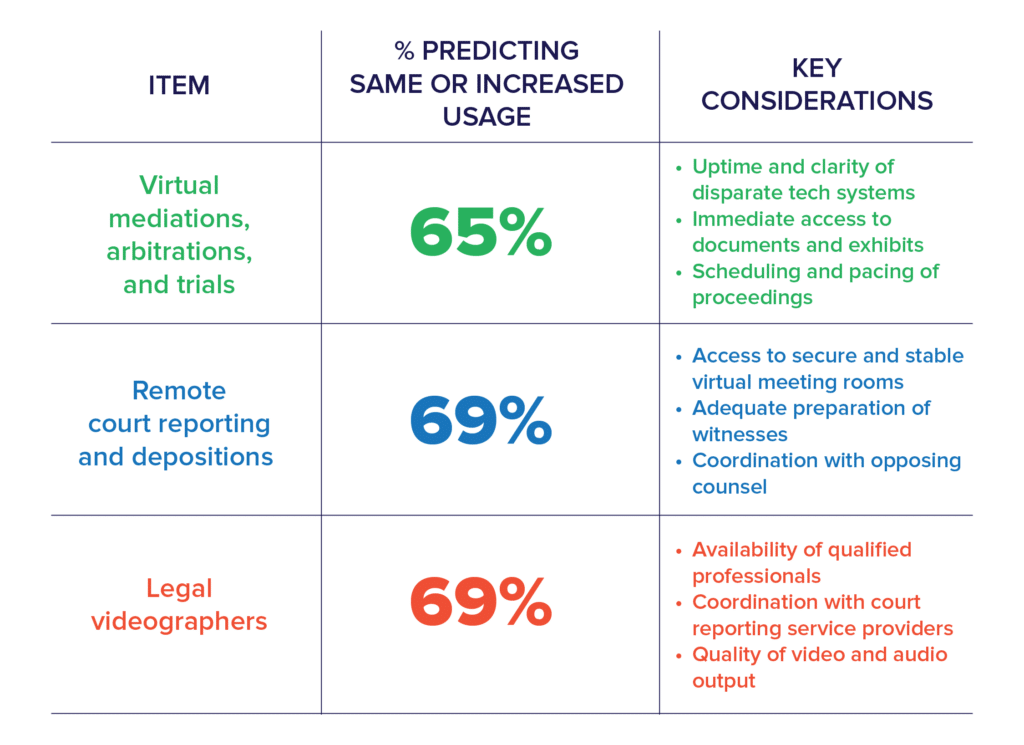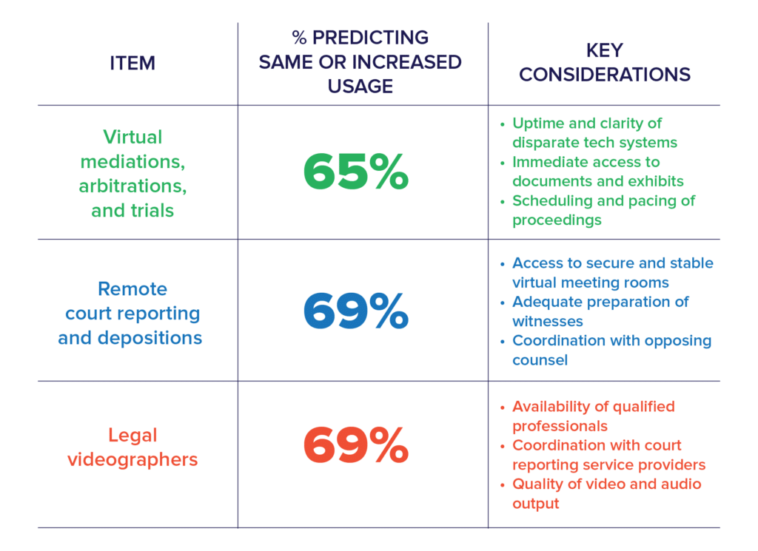
Op-Ed: The Future of Remote Court Access in Florida
The Florida Supreme Court has been a leading proponent of remote court
access, but despite the success of remote proceedings during the pandemic,
legal aid attorneys are reporting inconsistent availability.
The Benefits and Limits of Remote Access
In a recent episode of the Legal Services Corporation’s national podcast,
“Talk Justice,” two legal aid attorneys from Florida and one from Illinois
discussed the availability, benefits, and limits of remote access.
John Martino, director of litigation for Community Legal Services of
Mid-Florida, and Leslie Powell-Boudreaux, executive director of Legal
Services of North Florida, described their experiences with remote access.
They credited the Florida Supreme Court for being a strong supporter of
remote court access. However, the availability of remote proceedings is
uneven across their service areas, which include urban and rural regions.
The legal aid attorneys acknowledged that remote access has been
beneficial for clients who lack access to transportation and childcare, or
who can’t afford time away from work. Remote access has also resulted in
higher attendance and less need to reschedule hearings, according to
Clarissa Gaff, executive director of Land of Lincoln Legal Aid in Illinois.
The Challenges of Remote Access
Despite the benefits, there are still challenges to remote access. Some
judges are hesitant to adopt remote access because they believe it erodes
respect for the courts. Additionally, there are concerns about the potential
for abuse and the need for secure technology.
Another challenge is the uneven availability of high-speed internet access. U.S.
Census figures indicate that 2 million Floridians lack access to high-speed internet,
which can make remote access impossible for some.
The Need for Uniformity and Education
In order to address these challenges, there needs to be greater uniformity in
the availability and use of remote access across jurisdictions. There also needs to
be greater education and awareness among litigants, lawyers, and judges about the
use and importance of remote access.
Legal aid organizations have a particular responsibility in this regard. They need to inform
their clients and pro se litigants about the importance of respectful conduct during remote
hearings and the need for secure technology.
The Future of Remote Access in Florida
The pandemic has highlighted both the benefits and limits of remote access. Remote access has
improved access to justice for some, but not all. To ensure that remote access is a viable
option going forward, there needs to be greater uniformity, education, and investment in
secure technology.
As legal aid attorneys, we are committed to ensuring that all our clients have equal access to justice.
This means advocating for greater access to remote court proceedings, while also ensuring that
remote access is used in a way that is respectful and fair to all parties involved.
Originally Post From https://www.floridabar.org/the-florida-bar-news/legal-aid-attorneys-discuss-challenges-and-benefits-of-remote-proceedings/
Read more about this topic at
Legal aid attorneys discuss challenges and benefits of …
The Pitfalls of Conducting Remote Jury Trials
